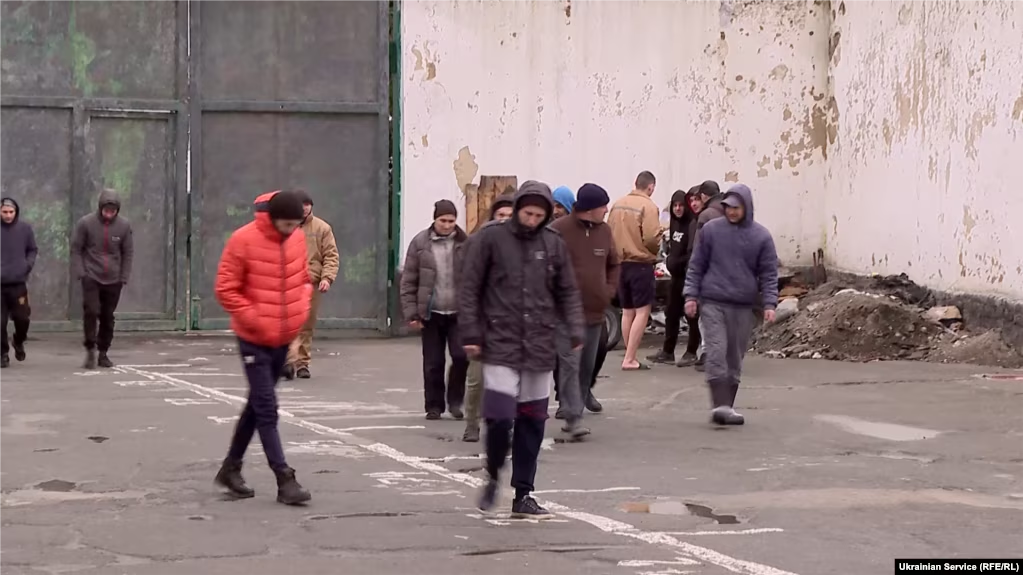
Key Points:
- The Ukrainian parliament has passed a law allowing the voluntary mobilization of certain prisoners into the armed forces.
- The legislation excludes individuals convicted of serious offenses and limits eligibility to those with less than three years remaining on their sentences.
- Concerns have been raised regarding the ethical implications of using prisoners in combat and the potential for abuse within specialized units.
Ukraine Approves Prisoner Mobilization
In a controversial move, the Ukrainian parliament has passed legislation permitting the mobilization of certain prisoners into the armed forces. This decision comes as the nation grapples with a critical personnel shortage in its ongoing conflict with Russia. The bill, which awaits the signatures of the parliamentary chairperson and President Zelenskyy, marks a significant shift in Ukraine’s stance. Previously, Kyiv had condemned Russia’s use of prisoners in combat, highlighting the ethical concerns and potential human rights violations associated with such practices.
Voluntary Mobilization with Restrictions
The legislation outlines a framework for voluntary enlisting incarcerated individuals into the Ukrainian armed forces, subject to specific eligibility requirements. To mitigate potential security risks, the legislation explicitly excludes individuals convicted of serious offenses, including those involving sexual violence, multiple homicides, high-level corruption, and individuals who previously held positions of significant authority within the government. This exclusionary criterion aims to prevent the integration of individuals who may threaten public safety or national security.
Furthermore, the legislation restricts eligibility to incarcerated individuals nearing the conclusion of their sentences, specifically those with less than three years remaining. This temporal limitation seeks to balance the objectives of augmenting military personnel with individuals possessing combat capabilities while ensuring that the duration of their service remains commensurate with their original sentences. Upon successful completion of their military service, eligible individuals will be granted parole rather than a full pardon, reflecting an approach to reintegration that acknowledges both their contributions to national defense and the severity of their prior offenses.
Ethical Concerns and Potential Abuse
Advocacy groups, such as Protection for Prisoners of Ukraine, have expressed reservations about the legislation. While supporting the general idea, they criticize the specifics of the adopted text as discriminatory. One major concern is the lack of clarity regarding the duration of service for mobilized prisoners. There are fears that they may be obligated to fight until the war ends, potentially exceeding their original prison sentences.
Additionally, concerns have been raised regarding the potential for abuse within specialized units created for these mobilized soldiers. Critics draw parallels to the practices of the Wagner Group in Russia, where convicts are reportedly sent into dangerous assaults with little regard for their lives. This raises questions about the ethical implications of utilizing prisoners in combat and the potential for human rights violations.
A Response to Escalating Conflict
The decision to mobilize prisoners underscores the severity of Ukraine’s manpower shortage as the conflict with Russia intensifies. Despite receiving significant military aid from Western partners, Kyiv struggles to maintain its defenses against a larger, better-equipped adversary.
In recent months, Ukraine has implemented various measures to bolster its troop numbers, including tightening regulations against draft evasion and lowering the draft age. The mobilization of prisoners represents another step in this ongoing effort, albeit controversial.
